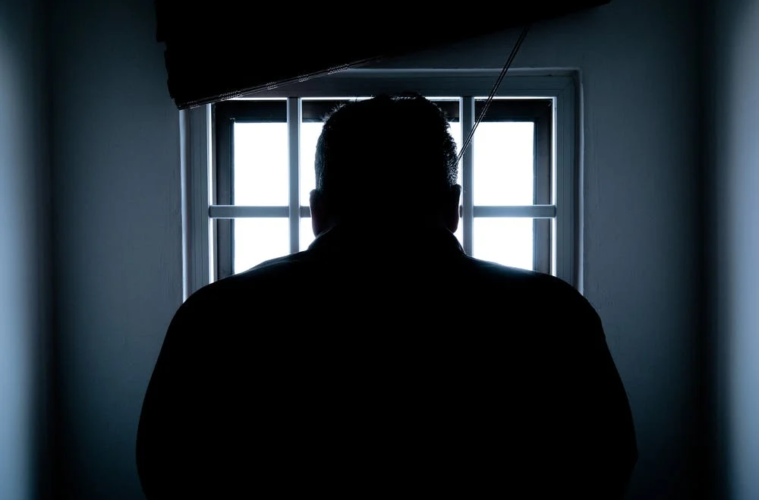Transitioning back to the civilian world after having a brush with the law is quite challenging for ex-offenders who wish to turn over a new leaf. Former prisoners often face personal, societal, and economic challenges that make it rather difficult to rejoin the community and become productive members of society. But while rebuilding your life after a felony conviction can, and likely will be, an uphill battle, with a strong will, enough perseverance, and the right resources, you can start anew. In this article, we’ll take a closer look at the most challenging obstacles you are likely to face and how you can overcome them.
Finding a Job Is Not as Straightforward as you Might Think
Getting a job is often a requirement for parolees, but unfortunately, it’s not as simple as walking into an establishment and applying for a vacant position. Reformed convicts will usually be asked to explain the gap in their work experience, which would require explaining why they were incarcerated. Even though the government offers tax incentives to employers who hire ex-offenders, many business owners are understandably skittish about hiring someone with a criminal record.
To earn a living without resorting to illegal means, start by asking your close circle if they have any leads. If you can’t find any viable opportunities, you can look into the arranged employment options provided by the supervised pretrial services. Another helpful option is to seek employment assistance through the public workforce system. You might also want to consider looking for a job in a tighter labor market where employers will likely be less stringent in their hiring decisions.
Ex-felons Face Unique Housing Issues
Most landlords refuse to rent out their apartments to individuals with a criminal record. As a result, ex-felons usually have no choice but to look for temporary housing with friends and family members, some of whom may be part of the problem that landed them in prison in the first place. Not only does the lack of stable housing affect the reformed felons’ day-to-day lives, but it also exacerbates the struggles they face in the job market.
As per the guidelines proposed by the United States Department of Housing and Urban Development, landlords must have a clear tenant screening policy that distinguishes between the kinds of criminal records that are acceptable and those that are considered a risk to the safety of the residents and property. Landlords must also take into account how long ago the prospective tenants were convicted. Additionally, if a landlord refuses to rent out an apartment to a reformed felon because of their race or ethnicity, they would be open to lawsuits under the Fair Housing Act. Understanding this area of the law will help you protect your rights when you’re looking for a place to live.
If you have no idea where to start your search, the Internet will point you in the right direction. A simple Google search will help you find an apartment with a felony on your record by pointing you toward the places that will rent to reformed convicts. If your apartment hunting efforts are futile, check the re-entry programs and halfway homes offered by nonprofit organizations in your state. They can provide you with a stable environment until you can find a better alternative.
They Often Struggle to Rebuild Personal Relationships
Your close friends and family will play a significant role in making your transition back to the civilian world as easy as possible. However, your loved ones will have to overcome the struggles they endured due to years of limited contact and the bottled-up anger and resentment they might be feeling towards you. Adjusting to the new household dynamic will be difficult for all parties involved as well.
To heal those family wounds, you must understand that while they might be happy to have you home, it’s difficult for your family members to assume the financial responsibility of supporting a dependent adult while dealing with their own conflicting emotions or their own responsibilities. It may take you longer than you first expected to rebuild your relationship, but if you make self-improvement a priority and put enough effort into turning your life around, things will eventually fall into place.

Shunning reformed felons will only prevent them from thriving, which can ultimately drive them back to crime. Many employers refuse to hire ex-offenders, and most tenants don’t even consider reformed convicts as viable candidates. These systemic societal hurdles keep thousands of individuals from rebuilding their life after serving their sentences. To advance socially and professionally after incarceration, you need to start by building a solid network and surrounding yourself with those who can help you reach your full potential. There are many resources that can help, so be sure to do your homework, and look for government-sponsored programs and non-profit organizations that can help you overcome these obstacles.


